Baseball may be America’s pastime, but football is America’s game. And NFL football, with its Super Bowl, super-sized players, and super-sized profits, captivates our attention like no other sport. Many young males dream of the chance (against very poor odds) to shine on the NFL gridiron. Die-hard fans hope (also against poor odds) that “their” team will take it all and, in the process, make them “winners,” allowing them to bask in the reflected glory of being champions.
Passionate fans ultimately float the NFL boat. Their fervor, in part, allows tarnished heroes, fallen by felony and bad behavior, to crawl their way back onto the field and into our hearts. Indeed, passionate fandom can blind moral judgment.
Without fans and their membership in imagined communities with shared values about football, fascination and celebration of NFL contests—which are ultimately meaningless in the context of our everyday lives—would economically and culturally shrivel and die. With the recent parade of bad press, it is becoming increasingly apparent that the NFL has fostered a culture seemingly agnostic to domestic violence and sexual assault. It is a culture where endemic brain trauma seems to be seen as the cost of doing business in programming spectacle for the masses. And moral compasses, in the pursuit of gaining competitive advantage at all costs, are disabled with the ease of deflating a football.
This mounting bad press has created a perfect storm, making this as good a time as any to rethink our allegiance to football in general and to the NFL brand in particular. Some surprising people already are: Even “Iron Mike” Ditka, an iconic hero known for playing with and through injury, has said he wouldn’t let his own son play the game today because “the risk is worse than the reward.”
Football has seemingly become a NIMBY (Not In My Backyard) issue as 50 percent of Americans in a recent Bloomberg Politics Poll say they wouldn’t let their son play football. And this may be the very sharp tip of a very cold iceberg for the NFL.
Bloomberg notes that the long-term trends don’t look rosy for football, with polls showing that only 17 percent of Americans believe football will grow in popularity in the next 20 years. Bloomberg soberly concludes, “These are grim numbers for a sport that’s seeing an onslaught of negative reaction, including a parade of National Football League players accused of abusing their wives or children; a team name so offensive that some news organizations refuse to print it; and, perhaps most troubling to parents, the growing body of evidence that repeated blows to the head can cause long-lasting brain damage.”
Still, fan fervor and seductive, faulty logic and economics are pervasive, clouding the ability of many to think straight about the merits of pro football. In Los Angeles, where I live, advocates would have us believe that we’ve been suffering without an NFL team. And the push is on, yet again, to “save” us, with three teams currently threatening to leave their present homes for LA’s larger market.
But there is little evidence that we’ve been suffering, and just as in many cities that have seen pro sports arrive with a parade and then blow town, we risk being hijacked by boosters who seek to advance their own economic or political interests over ours. There are lots of reasons to not support inflating today’s flat football in Los Angeles and for other cities to reconsider the bargain that has been made.
First of all, who thinks it is right to support welfare for billionaire team owners? Doling out welfare troubles many people. Yet economists agree that by enabling professional sports in cities, we provide entitlements for billionaires. These come as preferential tax rates, sweetheart deals to avoid property taxes, and capital gains tax rates that make taxpayers codependents, enabling problematic owners. Cities lose millions while NFL teams turn huge profits.
There are many things not to like in the present ownership arrangements. For example, most people don’t like monopolies. They’re unfair. Yet, that’s what the 800-pound gorilla NFL is. The NFL cartel has until recently operated as nonprofit, something just recently abandoned in order to avoid public reporting of their executives’ salaries.
Some cities are wising up. Duped by faulty claims about the benefits of putting public monies into building new sports stadiums, many municipalities have said no to public funding. But public monies still get dumped into public utilities, transportation, and other municipal services for new stadiums. And this doesn’t count routine tax exemptions and interest rate reductions on building loans that cost taxpayers millions each year.
Supporting the infrastructure that keeps owners happy is clearly bad math. NFL football and pro sports in general are poor economic engines. Apart from the athletes, new jobs created from pro sports are largely low-paying part-time jobs without benefits. Economists wryly note that opening a new Walmart would yield more revenue. Further, evidence shows that leisure and tourism dollars don’t grow; rather they’re finite, transferring to football from other recreational options. Given the economic realities associated with bringing pro football to a city, a wiser use of public monies would address issues—from potholes to crime to education—with broader benefit.
Using public monies for private stadiums is inappropriate in other ways. Sport sociologist and former Canadian Olympian Bruce Kidd once observed that elite sports stadiums, as the largest and most expensive buildings in town, were publicly supported “secular cathedrals” that function as “men’s cultural centers.” In stadiums, we exclusively worship what I have called “vestigial hypermasculinity” on the main stage with women cheerleading on the sidelines.
Indeed, sport sociologists often joke, “We know that sport builds character, we’re just not sure what kind.” Admittedly, sports hold the potential to teach fair play and cooperation to our children. Yet, elite athletes are often privileged, worshipped, and made to think of themselves as special. Professional football, a violent sporting endeavor, disproportionately attracts problem-prone athletes.
Recent events suggest that NFL might better stand for National Felony League. Certainly there has been a constant parade of horribles that might lead parents to ask who we want our children’s role models to be: Ray Rice, the Baltimore Ravens running back caught on video punching and dragging his fiancée? How about New Orleans Saints coach Sean Payton, found to be involved in a scheme that paid players to injure opponents? Or Ben Roethlisberger, the Pittsburgh Steelers quarterback, suspended after being accused of sexual assault? There’s quarterback Michael Vick, jailed after involvement in a dogfighting ring. And Donte Stallworth, a Cleveland Browns receiver, suspended after killing a pedestrian while driving drunk.
And of course there is “All-American” boy Tom Brady, the New England Patriots quarter-back who was implicated in a scheme to use deflated footballs to gain advantage in a playoff game. This is a culture where exceptions have become the rules.
NFL teams are not “your team” or “our team”; they belong to owners and play for their benefit, not ours. We need to realize that not everyone is a fan. A Pew poll shows that only 26 percent of men and 10 percent of women follow sports closely. However, we all need to be concerned about a culture that increasingly worships heroes with feet of clay and think twice about supporting a gladiatorial NFL football culture that institutionalizes brain trauma and insensitivity to men’s violence, waged on and off the field against both men and women.
For Catholics and others concerned with matching action with values, there are serious moral and ethical issues at play when supporting NFL football. For citizens concerned with a just society, there are many more worthwhile cultural ventures worthy of our support as fans and as taxpayers. Questioning whether to support the NFL and celebrate its heroes is not just about sports—
it’s about larger questions of where we should put our moral capital.
And the survey says…
1. I’m an NFL fan
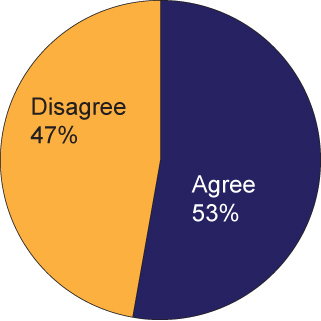
2. Supporting the NFL is an ethical conflict of interest for Catholics.
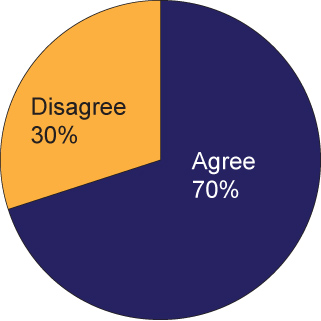
Advertisement

3. NFL teams should not receive tax breaks or public funding for stadiums.
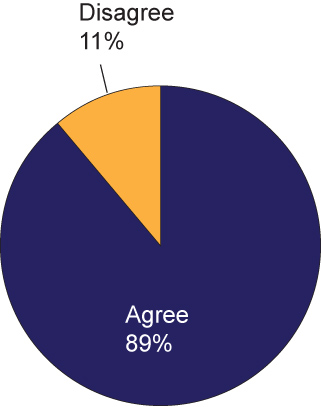
4. Having an NFL franchise does more harm than good to a city.
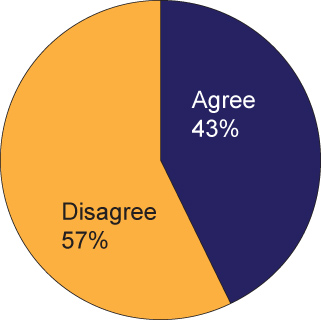
5. The author fails to recognize that the NFL does a lot of good for communities.
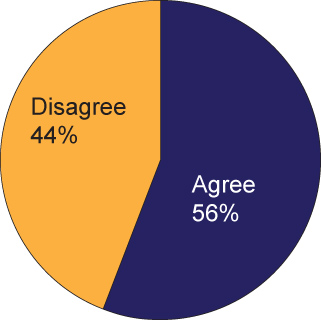
6. NFL franchises should be required to invest a percentage of their profits to support local community development initiatives.
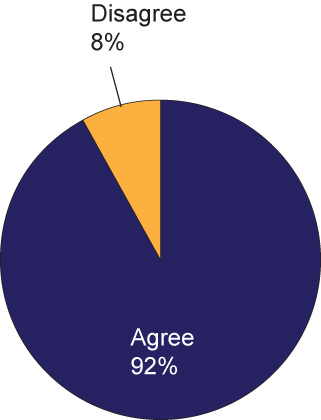
7. The biggest scandal in the NFL today is…
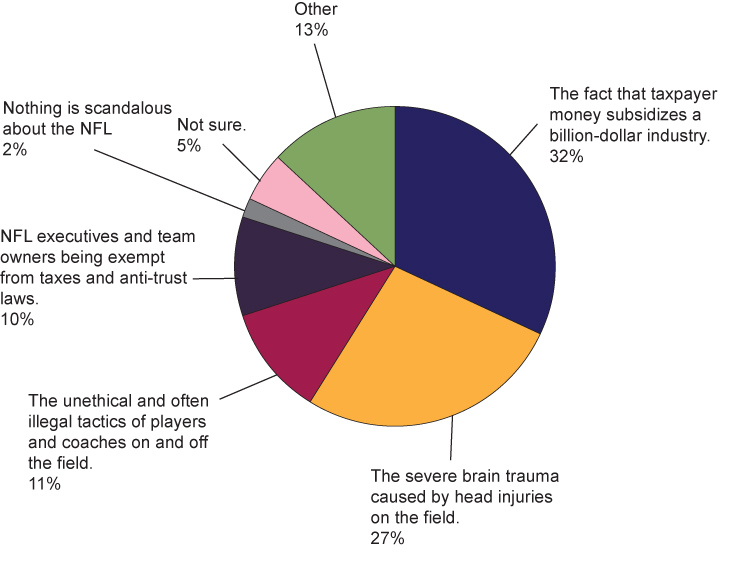
8. The ethics of NFL football are a social justice issue.
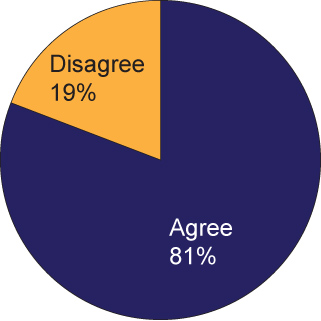
9. The NFL has been unfairly blamed for the inappropriate actions of players.
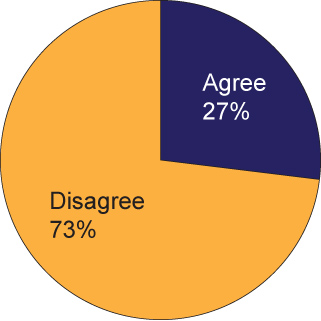
10. The church should be more vocal about ethical problems within the NFL.
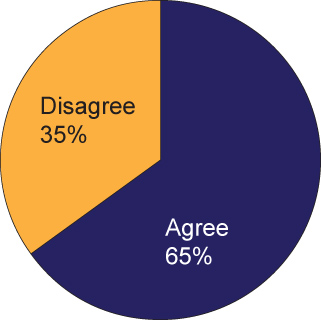
Results are based on survey responses from 143 USCatholic.org visitors.
Sounding Board is one person’s take on a many-sided subject and does not necessarily reflect the opinions or U.S. Catholic, its editors, or the Claretians.
This Sounding Board appeared in the November 2015 issue of U.S. Catholic (Vol. 80, No. 11, page 30–33).
Image: Flickr cc via Craig Hawkins












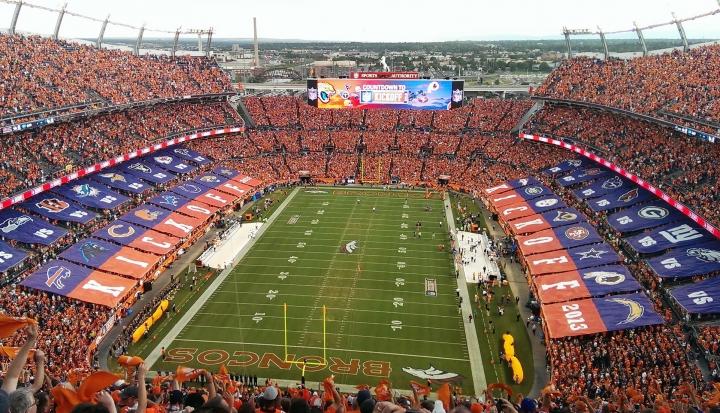












Add comment